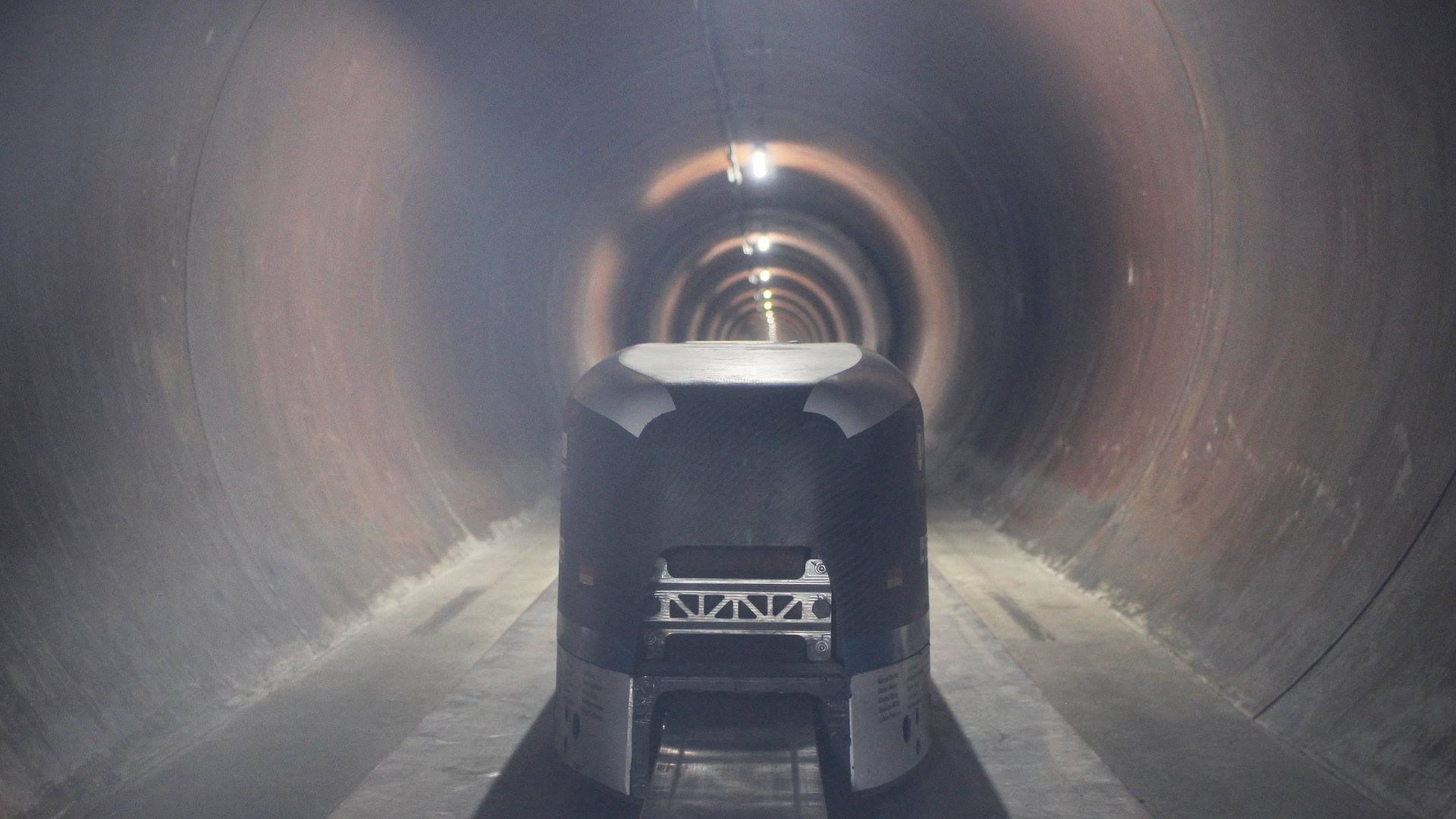

The City of Chicago has been working to ease automotive congestion around O’Hare International Airport for some time now. Earlier this year, the city government announced that it had selected Elon Musk’s The Boring Company to implement a proposed underground solution which would reduce the travel time to as little as 12 minutes; cue the O’Hare Express System Project. Now, a government watchdog agency has filed a lawsuit against the City of Chicago over the decision, alleging that the city won’t tell residents just how expensive the project is.
A non-profit watchdog agency known as the Better Government Association (BGA) is particularly interested in the costs associated with the project. It has reportedly filed several Freedom of Information Act (FOIA) requests with the city in order to better understand and report on the project’s spending, however, these requests have not resulted in the disclosure of relevant documents that include information about the project’s costs or The Boring Company’s qualifications to build the system.
Musk’s endeavors are notoriously costly, and that’s where the problem begins, suggests the suit, as The Boring Company project is supposed to replace a $400 million railway system that was never completed, and taxpayers are still repaying. The city’s mayor announced in June that it would utilize the services of The Boring Company to build its underground tunnels, but to this day has not ushered a final contract with established terms or costs for the public to view.
When requesting any information made under the FOIA, there is a certain set of criteria which must be followed in order for the request to be valid. Specifically, how it relates to this complaint, is that any proposals which are not yet settled upon are exempt from being disclosed in the FOIA request.
Proposals and bids for any contract, grant, or agreement, including information which if it were disclosed would frustrate procurement or give an advantage to any person proposing to enter into a contractor agreement with the body, until an award or final selection is made. Information prepared by or for the body in preparation of a bid solicitation shall be exempt until an award or final selection is made.
Illinois General Assembly General Provisions Freedom of Information Act (5 ILCS 140/7 (1)(h))
Therein lies the problem, insinuates the BGA, as the city is said it selected a contractor to perform the work in a press release published in June, however, the FOIA request states that the contractor has not yet entered into a binding agreement with the agency. This discrepancy is why the watchdog agency feels that the FOIA exemption, the city’s reasoning for withholding the requested information, is nullified and is in violation of the FOIA.
Due to the city’s history with the O’Hare expressway project, it’s only natural for the residents (and watchdog agencies) to be cautious when large government projects are spun up. It is hopeful, however, that The Boring Company can help to reclaim the trust of the public by accomplishing what the previous team failed to provide Chicago with; a shorter commute.
At the time of writing, neither Better Government Association or the City of Chicago responded to The Drive’s request for comment.